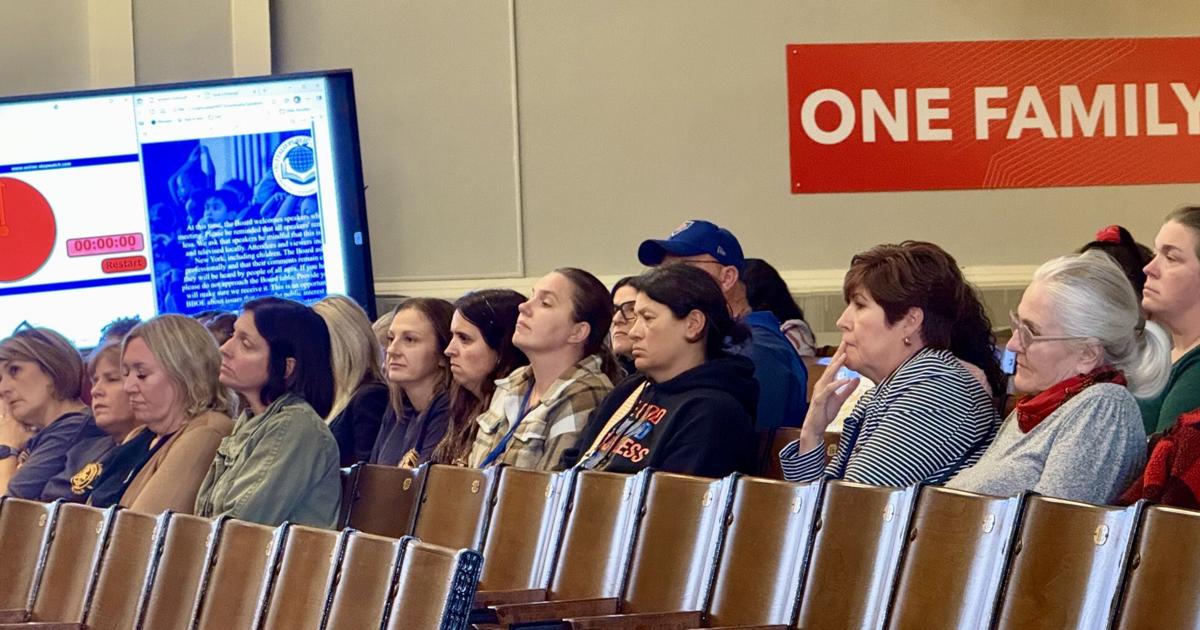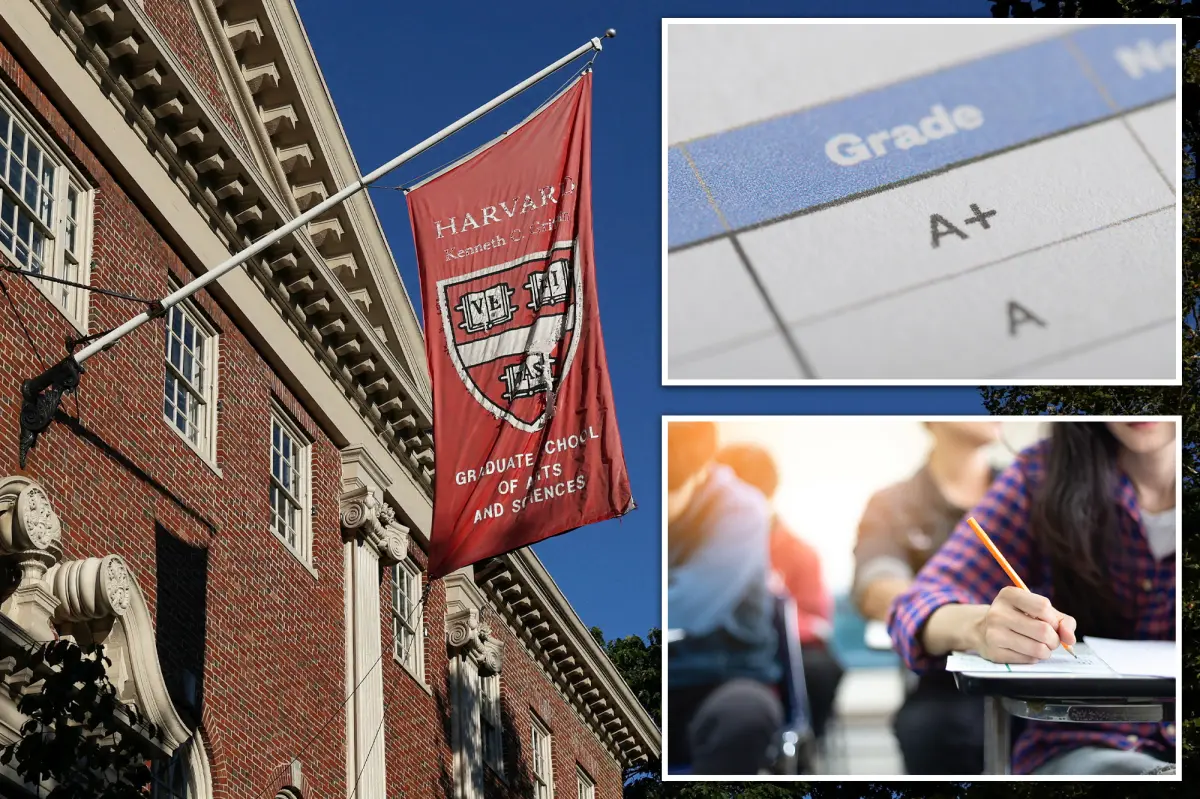Copyright ghanamma

Child labour continues to pose a serious threat to the well-being and future of children in Ghana, with the situation in the Ayensuano District of the Eastern Region described as particularly alarming. Recent data from the Department of Social Welfare at the Ayensuano District Assembly shows that an estimated 10,108 children are currently out of school, many of whom are engaged in petty trading, farming, and illegal mining activities. Out of 35,402 school-aged children in the district, 25,294 are enrolled in educational institutions, leaving thousands without access to formal education. The report further revealed that even among enrolled pupils, truancy remains widespread, as many children spend school hours working on farms, assisting parents at home, or frequenting gaming centres. The Ayensuano District, with a population of over 98,000, currently records 13,551 boys and 11,743 girls attending both public and private schools. During an oversight visit on Thursday, October 30, 2025, by Members of Parliament from the Employment, Human Rights, and Gender Committees, organised by the African Centre for Parliamentary Affairs (ACEPA) in collaboration with UNICEF Ghana, legislators expressed concern over the situation. They noted that the problem was largely driven by poor parental supervision, poverty, and limited access to educational resources—factors that continue to push many children into exploitative labour instead of classrooms. “We have a deficit of about 10,000 children who are not enrolled in school, and that is a huge challenge for the district to address,” said Francis Adjartey, Head of Social Welfare and Community Development at the Ayensuano District Assembly. “When we engage with communities and visit market centres, we find many of these children working—loading trucks, pushing wheelbarrows, and helping traders transport goods. Much of this can be blamed on inadequate parental control.” Chairman of Parliament’s Human Rights Committee, Ernest Yaw Anim, said the committee would review the findings and propose solutions that extend beyond Ayensuano. “The Committee has been working with UNICEF and other partners to find ways to address the issues we are facing,” Mr. Anim stated. “This oversight visit is a step in the right direction. Following this, we will meet as a Committee to determine concrete steps to ensure the right actions are taken.” Vice Chairman of the Employment, Labour Relations and Pensions Committee, Isaac Ashai Odamtten, emphasised the need to enforce constitutional provisions mandating basic education for all children. “There are already constitutional provisions such as the Free Compulsory Universal Basic Education (FCUBE) that require parents to ensure their children are in school,” he said. “But this responsibility extends beyond parents—it involves community members, the police, the Ghana Education Service, and public officials, including Members of Parliament. We all have a duty to ensure these constitutional imperatives are upheld.” Chairman of the National Development Planning Commission (NDPC), Dr. Nii Moi Thompson, reaffirmed the government’s commitment to structured and accountable development planning. “The new Finance Minister has made it clear that no ministry, department, or agency will receive budgetary allocations unless they submit an annual or mid-term plan aligned with national development objectives,” Dr. Thompson explained. “If that is not done, they will not get their budget.” Senior Governance Advisor at ACEPA, Issifu Lampo, said the oversight visit would strengthen collaboration among key stakeholders in the fight against child labour. “This visit is fundamental to building stronger partnerships between stakeholders such as UNICEF, NDPC, and other government agencies,” Mr. Lampo said. “It’s part of a broader, coordinated effort to combat child labour and child trafficking.” Chief of Social Policy and Inclusion at UNICEF Ghana, Paulina Sarvilahti, noted that UNICEF’s support focuses on helping government agencies work together more effectively. “We support the government in strengthening its systems through an approach known as integrated social services,” Ms. Sarvilahti explained. “It’s not UNICEF working alone—we partner with the government to bring different entities together to work more holistically on child rights.” Child labour continues to undermine the education and development of thousands of Ghanaian children, and stakeholders agree that coordinated action, community engagement, and policy enforcement are essential to reversing the trend.



